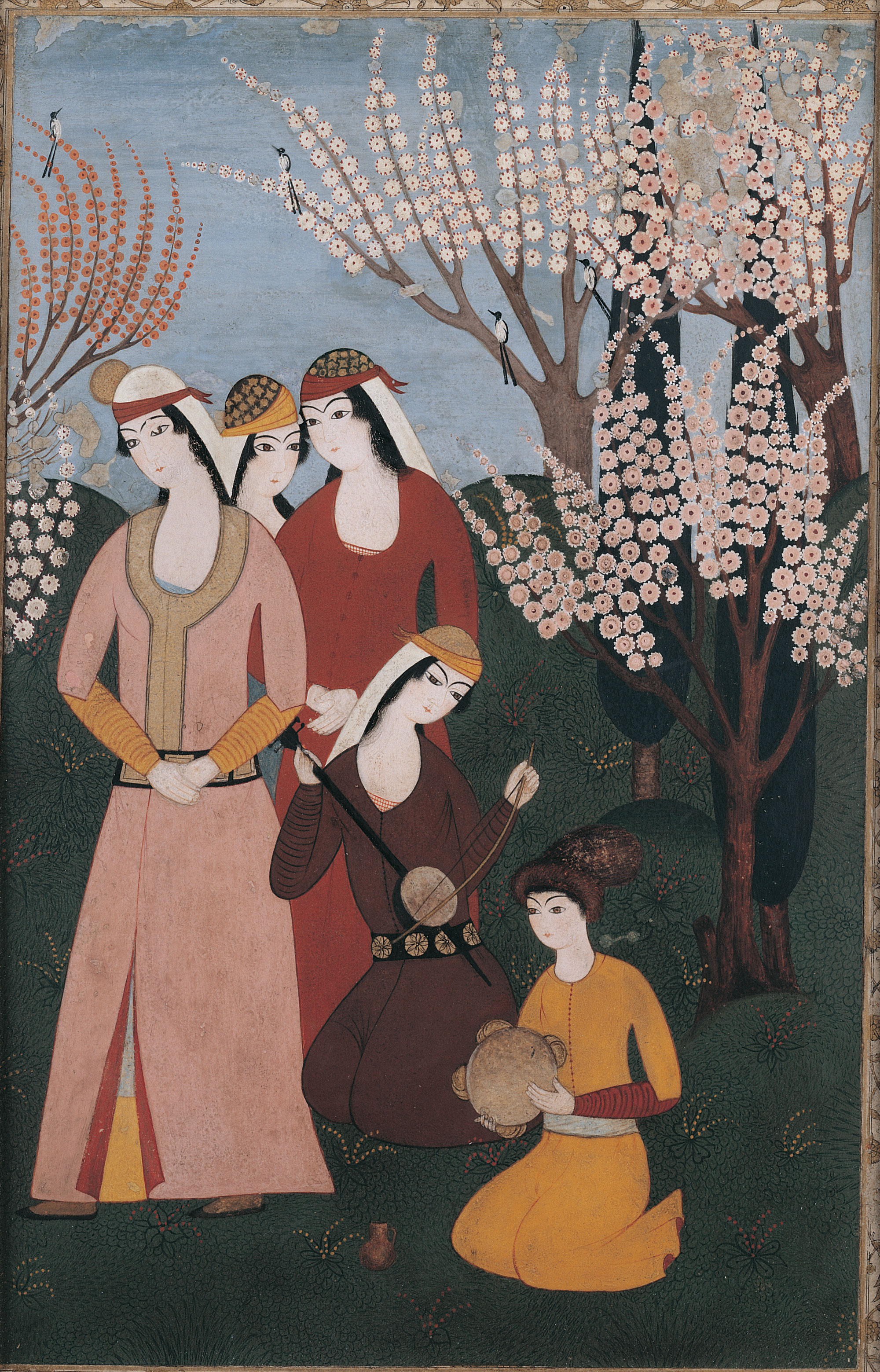|
Waheed Zafar Qasmi
Qari Waheed Zafar Qasmi ( ur, ) is a Pakistani Qari and '' na'at khawan'',Qari Waheed Zafar Qasmi o"HAMARI WEB" websiteRetrieved 16 March 2022 a performer of poetry in praise of the Prophet Muhammad. Qasmi recites in both in Urdu and Arabic languages. Background Qari Waheed Zafar Qasmi began reciting the Quran at the age of 7. Over the years, he has participated in several Qira'at competitions all around the world. In 1969, he won his first competition in Malaysia. In 1979, he won in another competition in Libya. Qasmi also won a competition on Tilawat-e-Quran-e-Majeed in Saudi Arabia and Syria in 1980 and 1981 respectively. In the 1970s, Qasmi joined Radio Pakistan. He was also known for his TV program ''Sar Chashma-e-Hidayat''. Qasmi also effectively performed his role as a judge in Qira'at and Na'at competitions. He is best known for his Naʽat "Allah Hu Allah Hu" "Faaslon ko Takalluf Hai Hum Se Agar" "Zahe Muqaddar" and many others. His contribution in the field of Qira'at ... [...More Info...] [...Related Items...] OR: [Wikipedia] [Google] [Baidu] |
Naʽat
Naat ( bn, নাত; Punjabi and ur, ) is poetry in praise of the Islamic prophet, Muhammad. The practice is popular in South Asia (Bangladesh, Pakistan and India), commonly in Bengali, Punjabi or Urdu. People who recite Naat are known as ''Naat Khawan'' or ''sanaa-khuaan''. Exclusive "Praise to Allah" and Allah alone is called Hamd, not to be confused with 'Na'at'. In Arab countries, lyrics and praises said for Muhammad are called Madih nabawi. History It is difficult to trace the history of Naat khawani since no authenticated record of when it was initiated can be found. One early author, Hassan, was known as ''Shair-e Darbaar-e Risalat''. Even before accepting Islam he was a poet, but after embracing Islam he gave a new turn to his poetry and started writing Na'ats in honor of Muhammad. He was famous for his poetry that defended Muhammad in response to rival poets who attacked him and his religion. Therefore, Hassan is known as the first ''sana-khawaan'' (naat reciter) ... [...More Info...] [...Related Items...] OR: [Wikipedia] [Google] [Baidu] |
Islamic Music
Islamic music may refer to religious music, as performed in Islamic public services or private devotions, or more generally to musical traditions of the Muslim world. The heartland of Islam is the Middle East, North Africa, the Horn of Africa, West Africa, Iran, Central Asia, and South Asia. Due to Islam being a multi-ethnic religion, the musical expression of its adherents is vastly diverse. Indigenous traditions of various part have influenced the musical styles popular among Muslims today. The word "music" in Arabic, the language of Islam, (''mūsīqā'' ) is defined more narrowly than in English or some other languages, and "its concept" was at least originally "reserved for secular art music; separate names and concepts belonged to folk songs and to religious chants".) At least one scholar (Jacob M. Landau) makes the generalization about Islamic music that it "is characterized by a highly subtle organization of melody and rhythm", that "the vocal component predominates over ... [...More Info...] [...Related Items...] OR: [Wikipedia] [Google] [Baidu] |
Living People
Related categories * :Year of birth missing (living people) / :Year of birth unknown * :Date of birth missing (living people) / :Date of birth unknown * :Place of birth missing (living people) / :Place of birth unknown * :Year of death missing / :Year of death unknown * :Date of death missing / :Date of death unknown * :Place of death missing / :Place of death unknown * :Missing middle or first names See also * :Dead people * :Template:L, which generates this category or death years, and birth year and sort keys. : {{DEFAULTSORT:Living people 21st-century people People by status ... [...More Info...] [...Related Items...] OR: [Wikipedia] [Google] [Baidu] |
List Of Pakistani Naat Khawans
A ''list'' is any set of items in a row. List or lists may also refer to: People * List (surname) Organizations * List College, an undergraduate division of the Jewish Theological Seminary of America * SC Germania List, German rugby union club Other uses * Angle of list, the leaning to either port or starboard of a ship * List (information), an ordered collection of pieces of information ** List (abstract data type), a method to organize data in computer science * List on Sylt, previously called List, the northernmost village in Germany, on the island of Sylt * ''List'', an alternative term for ''roll'' in flight dynamics * To ''list'' a building, etc., in the UK it means to designate it a listed building that may not be altered without permission * Lists (jousting), the barriers used to designate the tournament area where medieval knights jousted * ''The Book of Lists'', an American series of books with unusual lists See also * The List (other) * Listing (di ... [...More Info...] [...Related Items...] OR: [Wikipedia] [Google] [Baidu] |
Qāriʾ
A Qari (, ar, قَارِئ, plural ''qāriʾūn'', ''qurrāʾ'' or ''qaraʾah'') is a person who recites the Quran with the proper rules of recitation (''tajwid''). Although it is encouraged, a qāriʾ does not necessarily have to Hafiz (Quran), memorize the Quran, just to recite it according to the rules of tajwid with melodious sound. Notable Qāri The following list is a partial list of some notable reciters of the Qur'an: Afghanistan * Muhammad ibn Tayfour Sajawandi Bangladesh * Ibrahim Ujani, Muhammad Ibrahim Ujani (1863–1943) * Abdul Latif Chowdhury Fultali (1913–2008) Iran *Hamed Shakernejad Egypt Reader is referred to as Shaykh al-Maqâriʾ [6] (Arabic: شيخ المقارئ, lit. 'Scholar of the Recitation Schools'). *Muhammad Rifat (1882–1950) *Mohamed Salamah (1899–1982) *Mustafa Ismail (1905–1978) *Mahmoud Khalil Al-Hussary (1917–1980), Shaykh al-Maqâriʾ *Muhammad Siddiq Al-Minshawi (1920–1969), Shaykh al-Maqâriʾ *Kamil Yusuf Al-Bahti ... [...More Info...] [...Related Items...] OR: [Wikipedia] [Google] [Baidu] |
